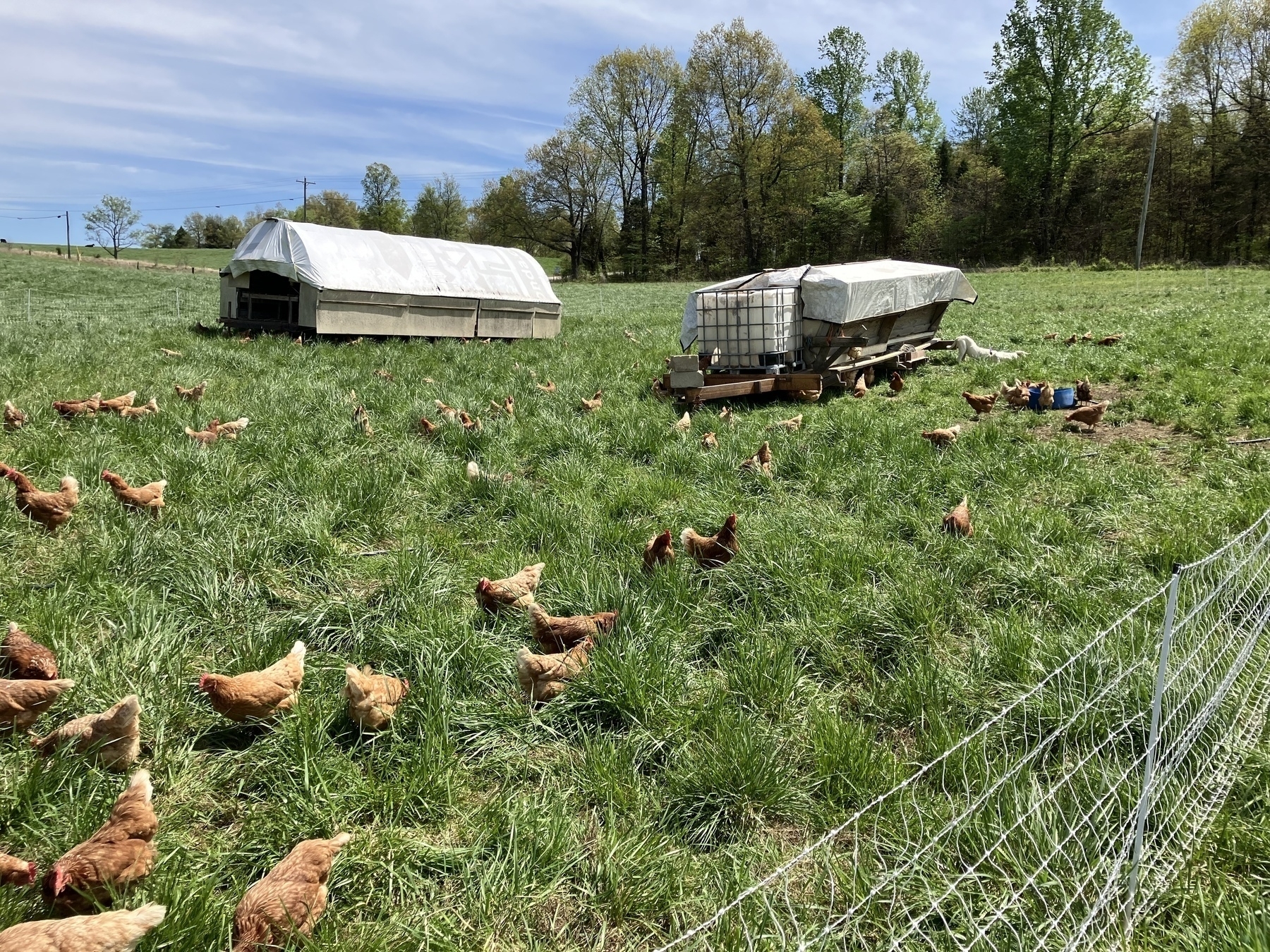Emphatically agree with this article. And I do not say that as someone who cannot manage technology; I do okay. I say that because it is increasingly apparent that high tech is a hassle with zero resilience.
Things used to work in this country. This is the stock complaint of the Baby Boomers, and if you are lucky enough to inherit a piece of their technology, you may find yourself agreeing. But when I say “things used to work,” the object of inherited nostalgia is not only manufacturing standards before planned obsolescence and offshoring. Things used to, literally, work. You turned a knob, and sound came on, because the knob controlled the mechanism that tuned the radio to the broadcast that the big metal radio towers dotting the landscape beamed at you. I am not a gearhead of any description and don’t care much about how the insides of electrical devices work, but I know exactly what I, personally, have to do to operate my end of the GE radio. There are no downloads, no platforms, no passwords, no little pull-down menus, no verifications or account recovery protocols. There is no streaming. Personal technology used to be a machine. Now it’s a bureaucracy


